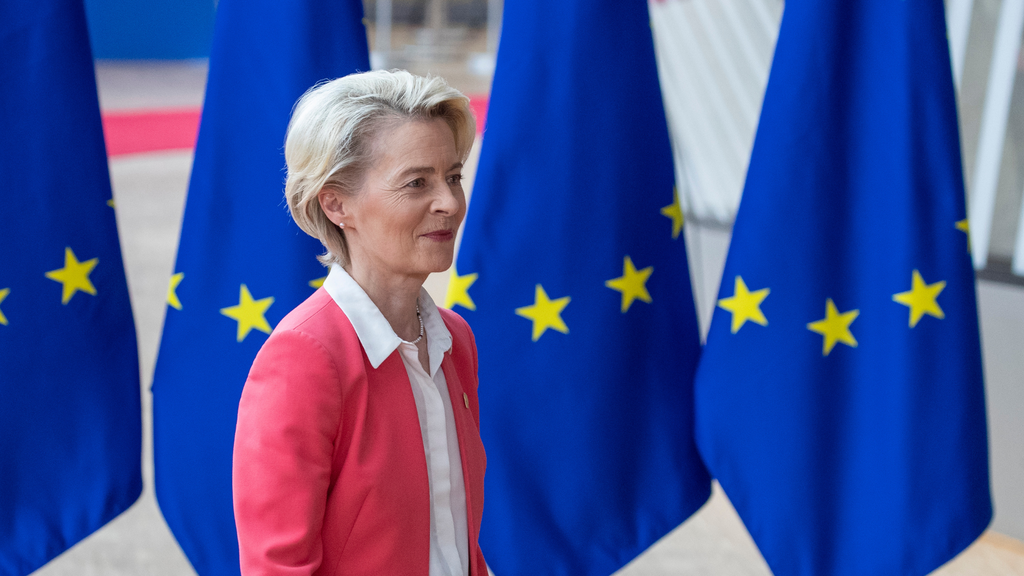Six European Union leaders from the three historical political families have agreed on the "top jobs", the key positions to be filled in the EU, the German press agency DPA learned on Tuesday. They want to reappoint Ursula von der Leyen as head of the European Commission.
The negotiators also agreed to appoint former Portuguese Prime Minister Antonio Costa as head of the European Council (currently held by Charles Michel from Belgium) and to grant the post of EU High Representative for Foreign Affairs to Estonian Prime Minister Kaja Kallas (currently held by Josep Borrell from Spain).
This agreement is based on the result of the European elections, which saw the conservative EPP group, to which Ursula von der Leyen belongs, win. The EPP is currently negotiating a renewal of its outgoing majority in the European Parliament, with the Socialists & Democrats (S&D) and the liberals from Renew Europe.
To ensure a balance, the "top jobs" are divided between these political families. The EU heads of state and government had already met for an informal summit last Monday, but they were unable to agree on the appointments. Representatives of the political groups have been negotiating for the last few hours in an attempt to reach an agreement.
For the EPP, Polish Prime Minister Donald Tusk and Greek Prime Minister Kyriakos Mitsotakis led the negotiations. The Social Democrats were represented by German Chancellor Olaf Scholz and Spanish Prime Minister Pedro Sánchez, while Renew was represented by French President Emmanuel Macron and outgoing Dutch Prime Minister Mark Rutte.
Approval still needed
This agreement comes two days before a European summit to be held in Brussels on Thursday and Friday. The nominations will have to be endorsed by the heads of state and government of the 27 Member States.
To secure a second term as President of the Commission, Ursula von der Leyen will also need to win the support of the MEPs.
The vote is scheduled for the third week of July at the earliest. The vote is uncertain, as it will take place by secret ballot and the German has a number of detractors within the assembly, even in her own group. In 2019, she was elected by a majority of nine votes.
Italian Prime Minister Giorgia Meloni, whose political group (ECR) in the European Parliament became the third-largest after the European elections, was not involved in the negotiations – one of the condition set out by set out by the liberals and centre-left groups, who promised not to support von Der Leyen if she reached an agreement with Meloni.
Hungarian Prime Minister Viktor Orbán was tipped to join Meloni's ECR but has failed to do so, with his party Fidesz being currently independent. He wrote on X that "the deal the EPP made with the leftists and the liberals runs against everything that the EU was based on. [...] EU top officials should represent every member state, not just leftists and liberals!"
The new European Parliament has the EPP with 189; the S&D with 136; the ECR now in third with 83; and finally Renew behind them on 74.

